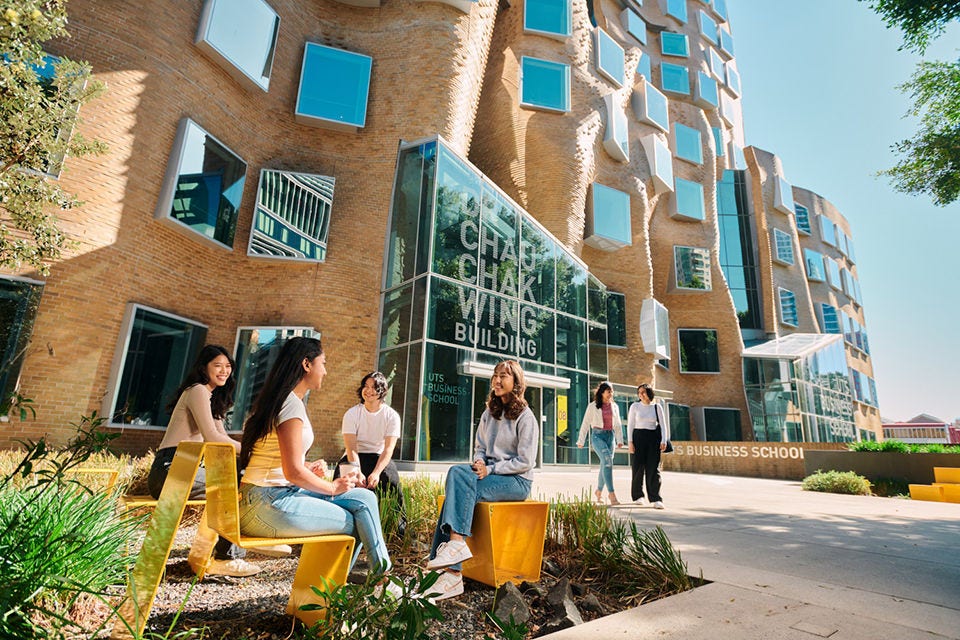
When you move to a new country, away from your friends and family, it’s common to feel homesick (missing your home), especially while you’re settling in.
To overcome this, try to find a balance between staying connected to your support network back home and building a new support network here in Australia.
Here’s seven great ways to feel more settled in your new location.
1. Contact people at home every few days
Building a new network in Australia will take time. So, it’s important to stay connected to your friends and family back home. Even short, regular messages can help you to feel supported i your new adventure.
Tip: Create a group chat on WhatsApp with your friends or family back home. It’s an easy way to stay in regular contact by sending updates, photos and videos of what you’re up to. It will also help you feel connected with the day to day activities of everyone at home.
2. Follow the news
Another way of staying connected to your home country is to follow your usual news channels, comments and social feeds. This allows you to stay up to date with what’s happening back home and also gives you plenty to talk about with your family and friends.
In addition to your home country news, make sure you follow a reliable news source in Australia. The publicly-owned Australian Broadcasting Corporation (ABC) has national and local news services, with online, app-based, radio and TV news services to keep you informed about what’s happening here.
3. Choose student accommodation
The kind of accommodation you live in can impact your experience. If you can, living in student accommodation on or near campus can be a great way to meet people and make new friends.
Student accommodation can give you access to activities, events and facilities designed to encourage socialising with students from a diverse range of cultures – you might even meet someone from your country who speaks your language!
4. Actively participate in your classes
On-campus tutorials and workshops are one of the best ways to meet people who share your interests and experiences. Be friendly, smile and make eye contact. Take the initiative and chat to people before and after the class starts – you never know who might become a new friend.
The more you participate in discussions during class as well, the more chances you’ll have to build connections and form friendships.
5. Join a club or the student union
Beginning your studies overseas is often a time of major personal growth. It forces you to get out of your comfort zone, try new things and meet new people.
Your education provider will probably offer a range of clubs and societies organised around different interests, such as sports, special interests and hobbies, and there is often a student union or association you can join. This provides a wonderful opportunity to meet like-minded people and make new friends based on shared interests.
6. Try volunteering
Volunteering is another fantastic way to meet people outside the classroom. You can volunteer in person or online to contribute to society and network with people from all walks of life.
Volunteering can also give you relevant work experience, to add to your resume, and teach you important communication and teamwork skills. It might also give you the chance to apply the theory you’re learning in class to real world situations.
7. Use a support program
If you’re having a hard time or struggling with homesickness, there are many support services to help you.
Start by looking up what support services for students are provided by local, state, territory and federal governments. You can also visit your campus student centre or association to ask for help or directions to relevant services. They’ll even be able to tell you how to acccess a wide range of mental health support services.
Most importantly, remember that you’re not alone. You have so much to look forward to on your international study adventure, and you have loads of support available to help you have an incredible time.


